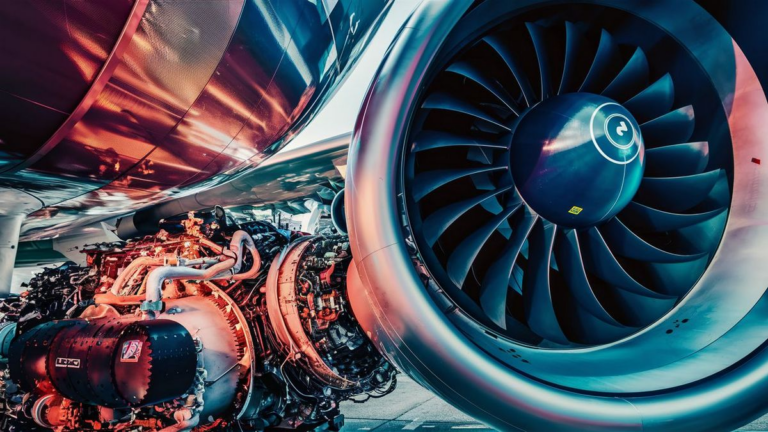The Airbus A350, a prominent member of Airbus’ commercial aircraft family, boasts cutting-edge engine technology that drives its exceptional performance and efficiency. Let’s delve into the specifics of the engine type powering the Airbus A350.
Rolls-Royce Trent XWB Engines
The Airbus A350 is equipped with Rolls-Royce Trent XWB engines, which stand out for their innovative design and remarkable capabilities. These engines are exclusively built for the A350 series, emphasizing a tailored approach to meet the aircraft’s unique requirements.
The Rolls-Royce Trent XWB engines incorporate advanced technology to deliver superior fuel efficiency, reduced emissions, and enhanced performance. With a focus on reliability and sustainability, these engines represent a significant leap forward in aerospace propulsion.
Key Features of Rolls-Royce Trent XWB Engines:
- High-thrust capability
- Efficient fuel consumption
- Low noise levels
- Minimal environmental impact
- Optimized performance across various operating conditions
Technical Specifications
The Rolls-Royce Trent XWB engines installed on the Airbus A350 come in different variants, each tailored to specific models within the A350 family. These variants may differ in thrust output and other performance parameters to suit the operational requirements of different airlines and routes.
| Engine Variant | Thrust Output |
|---|---|
| Trent XWB-84 | 84,000 lbf (375 kN) |
| Trent XWB-79 | 79,000 lbf (352 kN) |
| Trent XWB-75 | 75,000 lbf (334 kN) |
These engines employ state-of-the-art materials and engineering techniques to ensure optimal performance and durability throughout their operational lifespan. The continuous refinement of engine technology underscores Airbus’ commitment to advancing the aviation industry.
In conclusion, the Airbus A350’s remarkable performance owes much to its Rolls-Royce Trent XWB engines, which combine power, efficiency, and environmental responsibility. With ongoing advancements in aerospace engineering, the A350 remains at the forefront of modern aviation, offering passengers and airlines a superior flying experience.
Engine Maintenance and Service
Ensuring the reliability and longevity of Rolls-Royce Trent XWB engines requires meticulous maintenance and service protocols. Airlines and maintenance crews adhere to stringent schedules and procedures to keep the engines operating at peak performance.
Regular inspections, component replacements, and software updates are integral parts of engine maintenance programs. These measures not only optimize performance but also contribute to safety and operational efficiency.
Benefits of Engine Health Monitoring
- Early detection of potential issues
- Minimization of unplanned downtime
- Optimized engine performance
- Improved fuel efficiency
Environmental Considerations
Besides the technical aspects, environmental considerations play a significant role in engine design and operation. The Rolls-Royce Trent XWB engines prioritize fuel efficiency and emissions reduction, aligning with global efforts to mitigate aviation’s environmental impact.
Through continuous research and development, engine manufacturers aim to further reduce emissions and noise levels while enhancing overall efficiency. These efforts contribute to sustainable aviation practices and address concerns regarding environmental sustainability.
Future Trends in Engine Technology
- Exploration of alternative fuels
- Integration of hybrid propulsion systems
- Advancements in engine materials and manufacturing processes
- Enhanced digitalization for predictive maintenance and performance optimization
See also:






